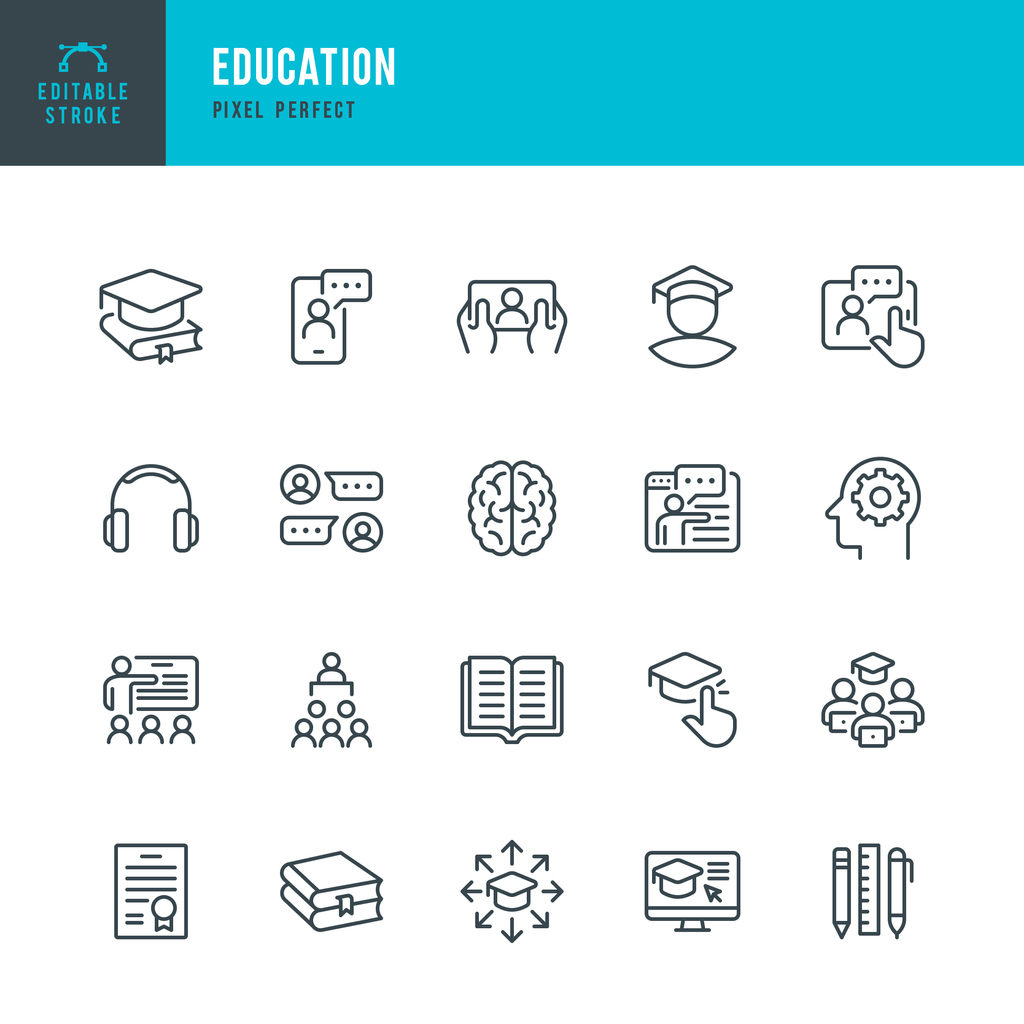By Winston Poyton, Senior Product Director for Education at IRIS Software Group
The education sector experienced a real shake-up in 2020. And everyone involved was looking forward to 8th March, when the schools were allowed to reopen to all students.
For almost a year now, schools have had to deal with a constant shift between physical and remote teaching and working. While this has had a significant impact on pupils’ overall education experience, we can expect some level of blended learning to remain for the foreseeable future. However, if this is to be successful, there must be the right education technology (EdTech) in place to support teachers, students and staff.
Today’s EdTech is failing teachers
Today’s Management Information Systems (MIS) is proving more of a hindrance, than help to educators. With blended learning here to stay, already stretched-for-time teachers and Multi-Academy Trust (MAT) leaders need their technology solutions to work with them, not against them. Today’s EdTech must merge the digital world and in-classroom teaching, so teachers can successfully do their main job; teach.
No matter whether in-person or virtual, teachers need complete access to accurate information on students’ academic, wellbeing and safeguarding data to create a holistic view of each student. This is more important than ever before, following the news that A-level and GCSE exams will be graded by teachers this summer.
Unfortunately, traditional MIS traps this critical intelligence inside the school office. Making it much more difficult for teachers to plan effectively, step in at any point of need, and fairly and consistently benchmark and grade students.
Heads of Departments, in particular, are being failed by today’s EdTech. They need to track hundreds of students’ data at any one time, across subjects, year groups and forms. And they need to be able to access this regardless of their location. However, this can only happen by having a fully integrated and accessible MIS. And existing MIS simply don’t provide this level of insight.
Teachers need one single source of truth
No matter how big the school or where they are located, having an integrated MIS that provides one single source of trusted data is no longer a nice to have – it’s a necessity. This, however, needs to be built with the ‘consumer’ (i.e. senior leaders and teachers) in mind, and provide them with seamless, integrated technology they would experience outside of the world of education.
Schools and MATs desperately need real-time intelligence. They need a solution that provides all this in one simple, reliable place. Once implemented, teachers will have no issues managing the day-to-day – from finances, to attendance, to assessing grades. These processes must be transformed to accurately cope with the current, uncertain situation we are in.
With teachers trusted with grading A-level and GCSE exams again in England this year, there is a real need to make sure this is done fairly and consistently, especially following the discrepancies in 2020. Making these decisions requires teachers and SLTs to have a holistic academic view of each student; something that’s incredibly difficult to create without an integrated MIS. Having a single source of truth would provide them with insight on past and predicted grades across all subjects and all years, and detailed notes on performance. Armed with this intelligence, they will be able to make fair predictions for all students’ grades.
The future of EdTech
A truly integrated MIS will give teachers the time back to focus on what truly matters – helping pupils make up for lost learning. By using real-time data, integrated from across the entire school, teachers will be able to make far more informed decisions that best serve their students and the future of the MAT. With instant access to accurate, reliable intelligence, SLT and teachers can waste less time searching for information, and more time on successfully delivering blended learning.
The pandemic may prove to be the catalyst EdTech needed. Bringing MIS out of the school office and into the hands of teachers will ensure their precious time is focused on teaching, delivering blended learning, and ultimately, improve the life chances of children.









